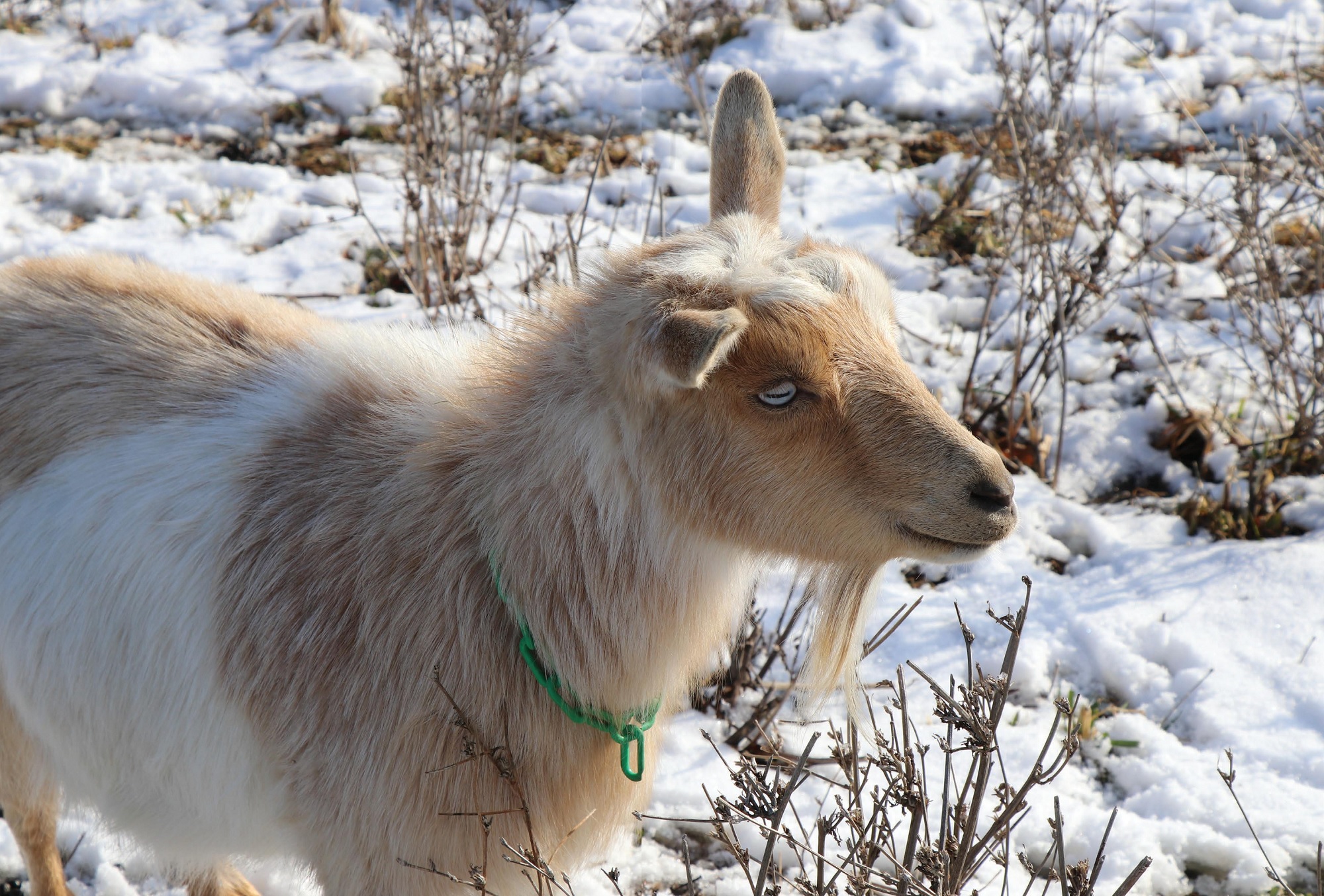
DAIRY
The cheese that most of us refer to as “goat cheese” is more correctly called chévre (pronounced like shev), and although you can use goat milk to make yogurt and a lot of cheeses traditionally made with cow milk, there is no other milk that makes cheese that tastes like chévre.
One reason many people choose goats over cows as their personal family milkers is because of goats’ smaller size — especially if they have no experience handling livestock. The smallest cows weigh 700 pounds, which means they outweigh any human. This makes them challenging and sometimes dangerous for a novice to handle.
“My husband and I chose to have goats on our farm mainly for their milk and the products that are made from it: milk for drinking and cooking, cheese and soap,” says Kellie Pavlov of Eatonville, Washington. “We just started our very first goat herd and farm a little over six months ago, after never having grown up on one and moving from the desert of Las Vegas [Nevada] to the forests of the Pacific Northwest.
“Other reasons why we chose goats — after much research — especially the Nigerian Dwarf and Kinder breeds, are their smaller size along with the high butterfat content of their milk. We didn’t want to deal with larger livestock animals like dairy cows.”
This story is from the {{IssueName}} edition of {{MagazineName}}.
Start your 7-day Magzter GOLD free trial to access thousands of curated premium stories, and 9,000+ magazines and newspapers.
Already a subscriber ? Sign In
This story is from the {{IssueName}} edition of {{MagazineName}}.
Start your 7-day Magzter GOLD free trial to access thousands of curated premium stories, and 9,000+ magazines and newspapers.
Already a subscriber? Sign In

The RISE of Opportunist WEEDS
Be prepared to see increasing changes in weeds we fight, such as poison hemlock and poison ivy, and in the crops we grow.
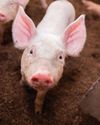
LIVESTOCK Health
Prepare yourself for how to spot symptoms of illness in your farm animals so that you can get them help before it's too late.

CUT FLOWER Farming
If you're considering growing flowers for sale, brush up on these five key things to know before diving in.

WINTER Survival
Keep your land, animals and yourself in good shape this winter with this helpful advice.
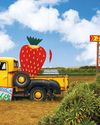
COVERAGE CONCERNS
Avoid common insurance mistakes for rural and hobby farm businesses.

FARMER'S GUIDE Berries
Set the stage for tasty strawberries, blueberries and brambles with these soil-boosting garden tips.
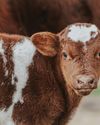
Preconditioning CALVES
Follow our step-by-step guide to get more money for your calves.

Soil Conservation
Often, outside of having a specific problem that needs to be addressed, soil conservation isn't something every farmer readily thinks about. Yet conserving the soil should be at or near the top of every farmer owner or manager's list of concerns because absent the prevention of soil erosion, we have the opportunity for another dust bowl.
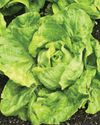
Year-Round Lettuce & Salad Mixes
It's easy to think of salad greens as just a spring- or fall-garden crop, but it's possible to enjoy freshly harvested lettuces, mustards and more from your own garden year-round.

Barn Improvements
Days are never long enough for a farmer. From dawn to well into the night, tasks arise that often require immediate action. Having to search for tools or equipment is an enormous time waster and incredibly frustrating when you can't find what you need, especially when you know you have it.